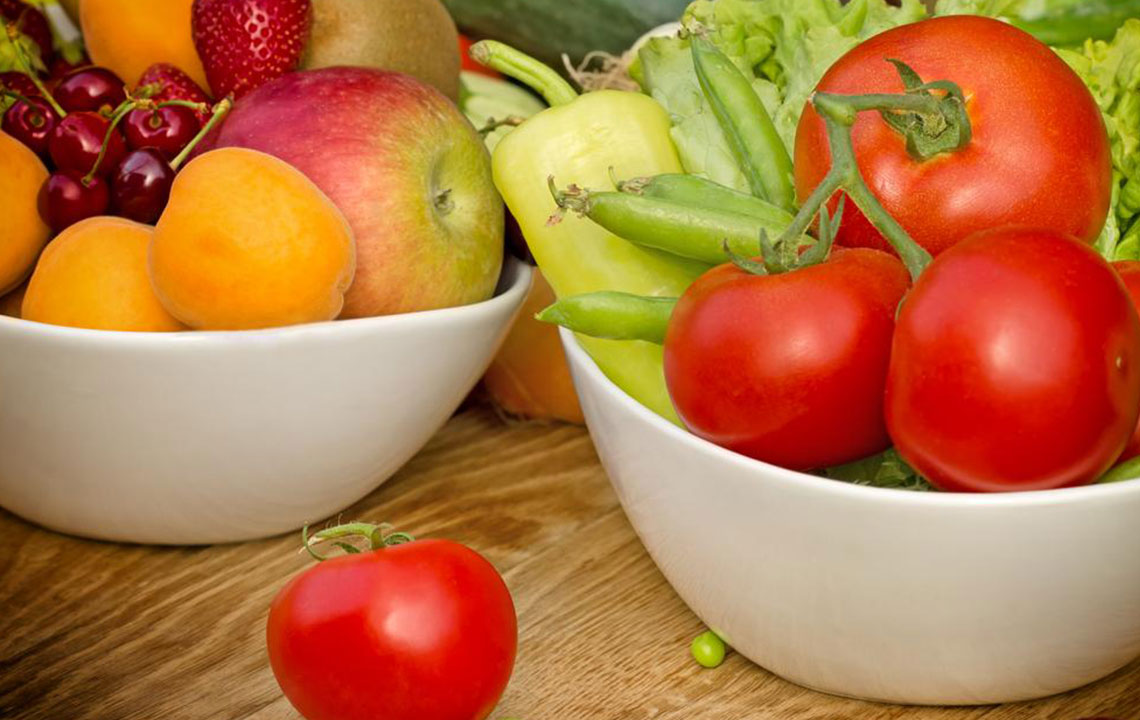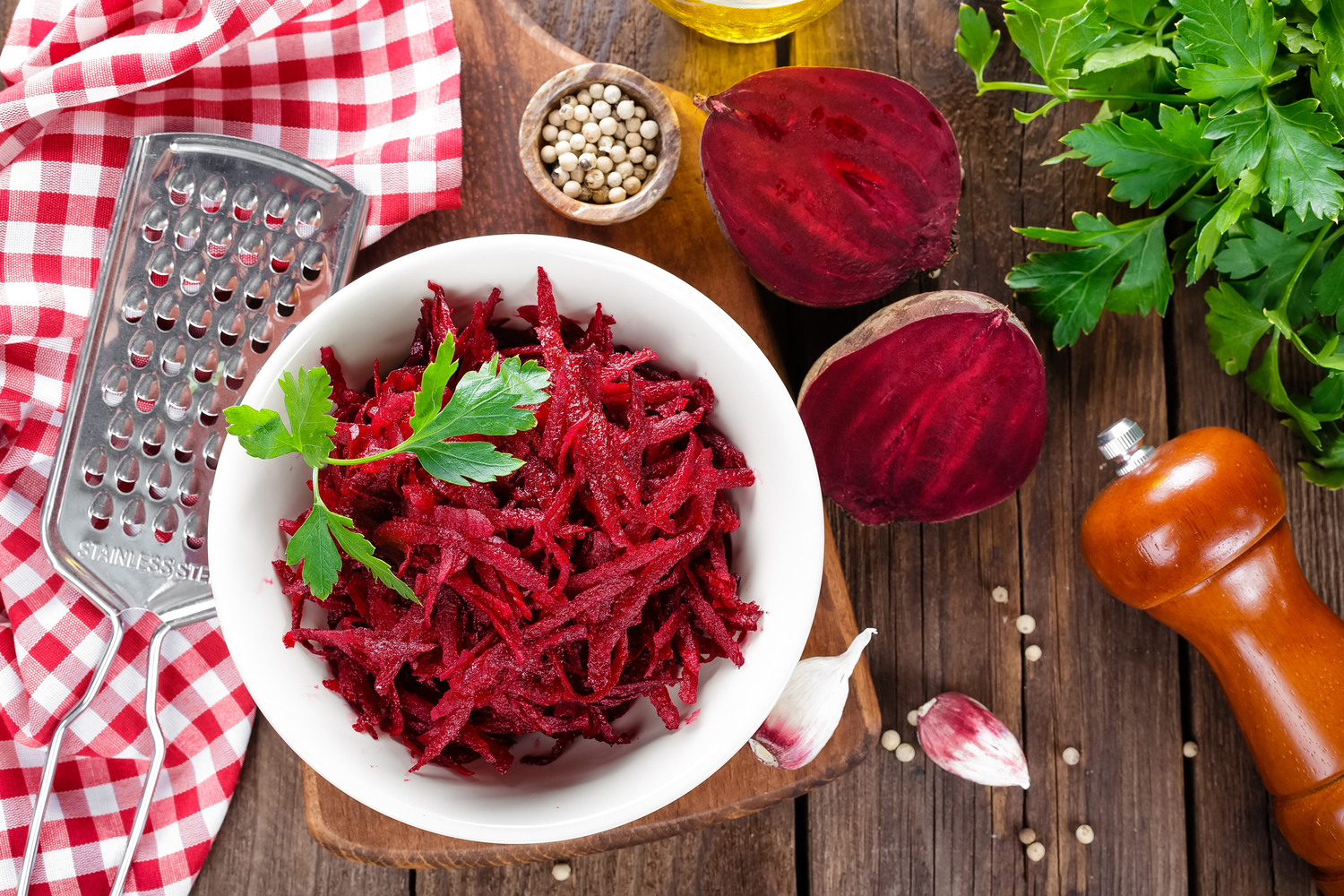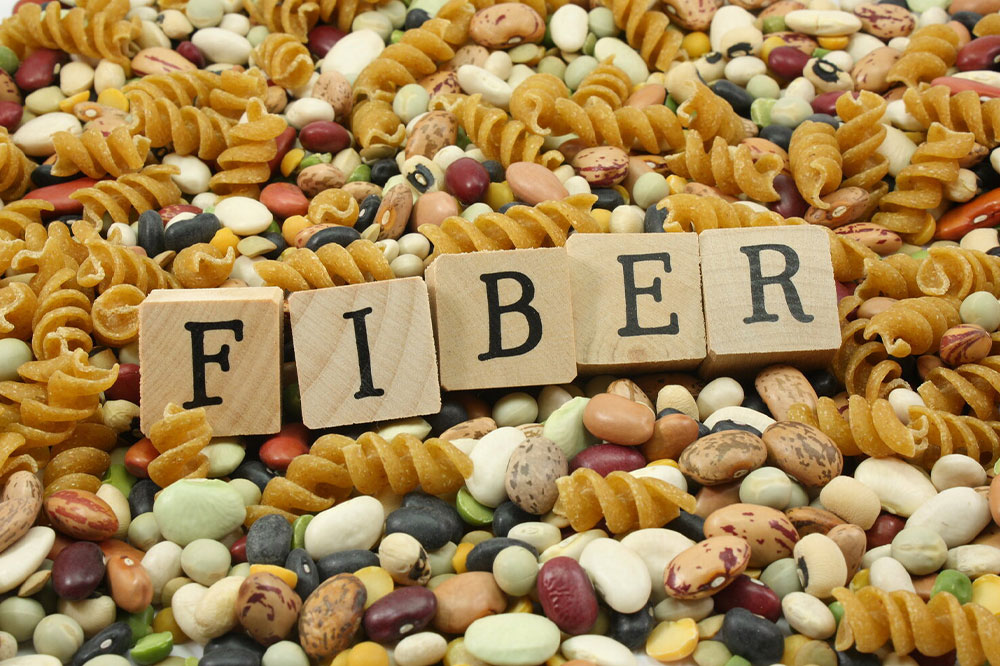Boost Digestion and Prevent Constipation Through High-Fiber Foods
Discover effective ways to prevent constipation through a high-fiber diet. Incorporate foods like whole grains, fruits, vegetables, nuts, and legumes to improve digestion naturally. Maintaining a regular eating routine and staying hydrated are crucial for gut health. Consult professionals for ongoing issues, and enjoy a healthier digestive system with simple dietary changes.

Boost Digestion and Prevent Constipation Through High-Fiber Foods
Experiencing occasional constipation is a common health issue that can affect anyone. Often, adjusting your diet can provide relief, especially for mild cases.
A well-balanced diet rich in essential vitamins, minerals, and dietary fibers supports your immune health and helps ward off illnesses. Among these nutrients, fiber stands out as a crucial element in maintaining healthy digestion and preventing constipation.
Dietary fibers, found abundantly in plant-based foods, take longer to digest and aid in smooth bowel movements. They play an essential role in improving gut health.
Top Fiber-Rich Foods to Prevent Constipation
Fibers are present in all plant-based foods, including vegetables, fruits, grains, nuts, and seeds. Even the shells of certain seafood like lobsters and shrimp contain fibers. The soluble fibers are beneficial as they help the body absorb nutrients effectively, while insoluble fibers add bulk to stool, promoting regularity.
Below are some key foods high in fiber that you should incorporate into your daily diet to combat constipation:
Whole-Grain Bread
Opt for whole-grain bread to help alleviate constipation. It’s nutrient-dense, high in fiber, and provides complex carbohydrates. Multigrain or whole wheat varieties are excellent choices for a lighter, healthier diet. Regular consumption can boost digestion and keep you feeling energized throughout the day.
Fiber-Loaded Cereals
Starting your day with a bowl of high-fiber cereals is a smart move. Market options are now enriched with fiber, making breakfast both tasty and nutritious. Pair them with milk to enhance digestion and add extra protein to your meal.
Fruits Rich in Fiber
Fruits like apples, plums, and pears are excellent sources of fiber, especially when eaten with the skin. They contain pectin, a natural fiber that improves digestion and relieves bloating. Eating unpeeled fruits can provide around 4.4 grams of fiber per serving.
Nuts for Snacking
Replacing junk food with nuts like almonds, walnuts, and pecans can boost your fiber intake. Nuts are calorie-dense, so enjoy them in moderation— a handful per day suffices to benefit your gut health.
Healthful Vegetables: Broccoli
Broccoli is a versatile, fiber-rich vegetable with minimal calories. Consumed raw or cooked, it can be added to meals three to four times weekly to support digestion and overall health.
Legumes and Beans
Beans, such as navy, lima, and kidney beans, are packed with fiber and nutrients. Incorporate them into salads, soups, or pasta dishes for a fiber boost that helps maintain regularity.
Baked Potatoes
Baked potatoes, especially with their skin on, are an enjoyable way to increase fiber intake and relieve constipation. Avoid frying to keep the health benefits intact. Consume in moderation due to their calorie content.
Maintain a Consistent Routine
Eating meals at regular intervals supports metabolism and reduces constipation risk. Proper hydration and avoiding junk food are essential. If constipation persists, consult a healthcare provider for proper diagnosis and treatment.










